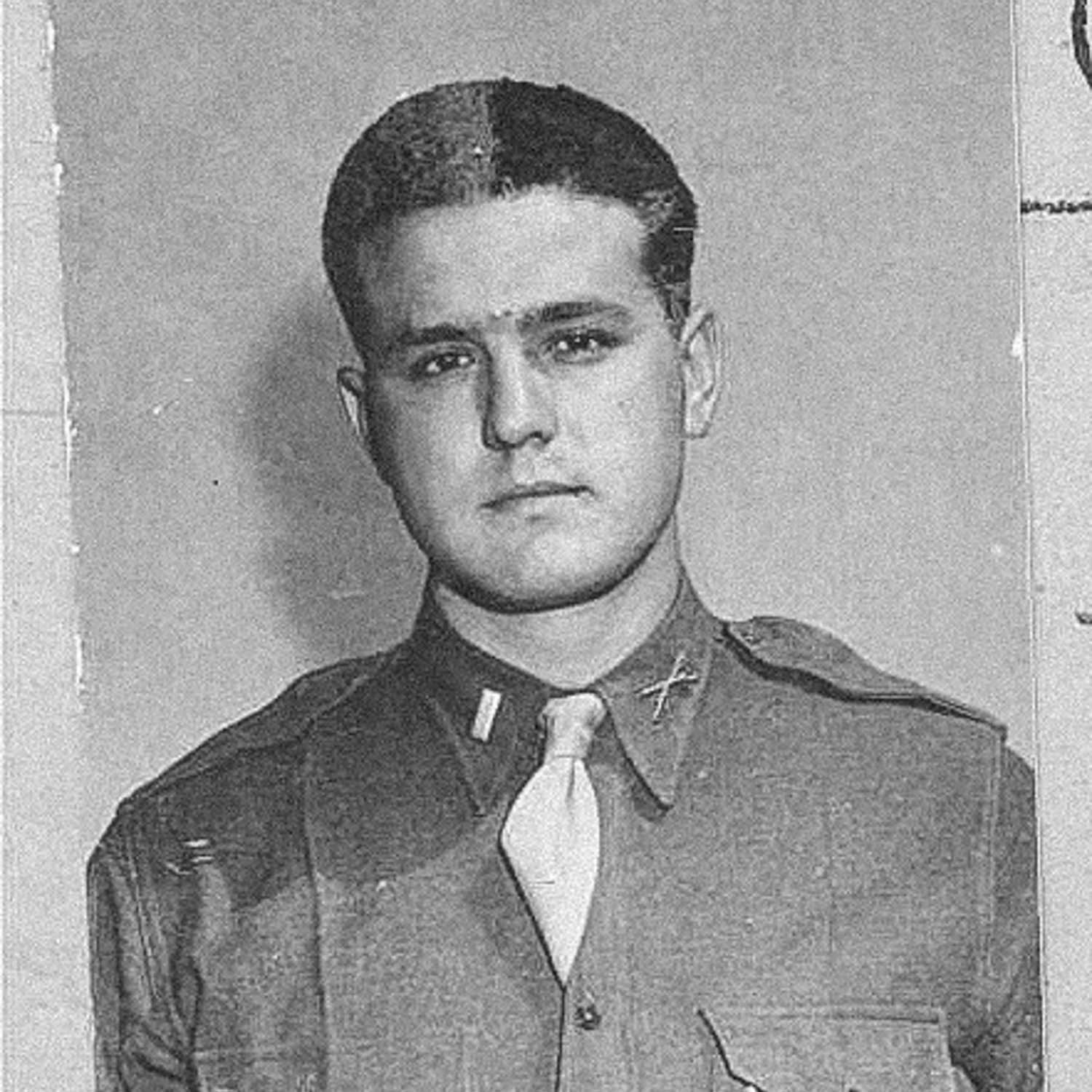You have to know where you have been to know where you’re at.
CIA Founding Member
Joe Procaccino
Joseph A. Procaccino is a CIA legend. Having served under every CIA director, Joe reached a unique milestone in 2014: 71 years in intelligence service.
Joe was a part of every aspect of the Agency’s mission, from its early beginnings as the Office of Strategic Services (OSS), to the short-lived Strategic Services Unit (SSU) and Central Intelligence Group (CIG), to becoming a founding member of the CIA in 1947.
He received numerous awards, including the prestigious Director’s Medal, and was a hero at Langley. It was Joe’s wise advice and honored mentorship, however, that was cherished most of all.
“When all else fails, ask Joe,” has been a popular saying at the Agency for years.
Joe passed away peacefully at the age of 93 on January 8, 2015 following complications from a respiratory illness.
A Legend is Born
Joe, who was born in Italy, entered the world of intelligence on the strength of his foreign language skills.
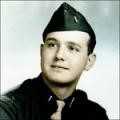
He was born in 1921 in Bisaccia and came to the United States in 1933. Joe settled with his family in the Bronx, NY, where he attended DeWitt Clinton High School.
As a teenager, he was a noted vocalist who sang on local radio and clubs billed as “The Young Caruso.” He graduated from the City College of New York in 1942, majoring in linguistics.
“I concentrated in college on Romance languages, aspiring to be a teacher of Italian,” recalled Joe during a talk he gave at CIA headquarters in 2011. “In December 1942, a US Army Colonel was in New York interviewing students with strong linguistic inclinations to take Japanese. I thought this was a good opportunity to learn a new language.”
Joe was accepted into the Military Intelligence Service, studying Japanese at the Military Intelligence Service School at the University of Michigan and at Camp Savage in Minnesota.
“Dixie Mission”
Then, from March to June 1945, Joe was a member of the US Observer Group that was part of the “Dixie Mission” in China.
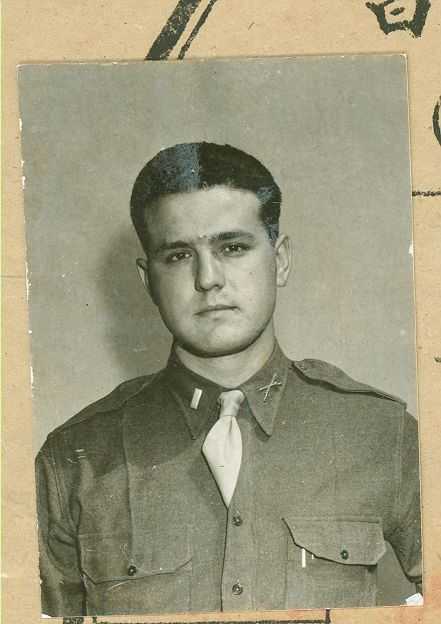
The mission’s objective was to get the Communists and the governing Nationalists to form a coalition to fight the Japanese.
To do so, the first US contingent of the mission traveled by plane to Yenan, the Communist capital under Mao Tse-Tung.
The second contingent, including Joe, journeyed over 1,200 miles by motorized convoy on roads never before traveled, from the Chinese Nationalist capital of Chungking to Yenan.
There, they lived in rooms that were actually caves in the hillside, with no electricity and lit only by candles.
Joe worked closely with the Communists to collect military intelligence on Japanese forces, obtain assistance to rescue downed US airmen in enemy territory, and to collect information on Communist personalities as well as meteorological conditions.
From Military to OSS
While serving in post-war China, Joe left his military job and joined the OSS. When the OSS was dissolved at the end of September 1945, its remnants were housed in the War Department as the Strategic Services Unit (SSU).
The Central Intelligence Group (CIG) was created in January 1946 by Executive Order, and the SSU was folded in that summer.
In 1947, Joe became a founding member of the newly established CIA.
At a talk in 2011 at Agency headquarters, Joe emphasized that the changes to American intelligence after 1945, and the path-breaking work done by the forerunners of CIA, are not widely known today.
“It is difficult to impart the significance of these predecessor intelligence organizations because they are not readily discussed,” said Joe. “I may be one of the last remaining members able to recount their triumphs.”
Joe made it his mission to educate the Agency workforce on its past and to stress the importance of learning from its history.
A Hero at Langley
An unsurpassed dedication to the mission and people of CIA made Joe a legend.
On a visit to CIA in 2004, Hall of Famer Cal Ripken met with Joe, and, having learned of his service in seven different decades, wrote: “Joe, now that’s an impressive streak.”
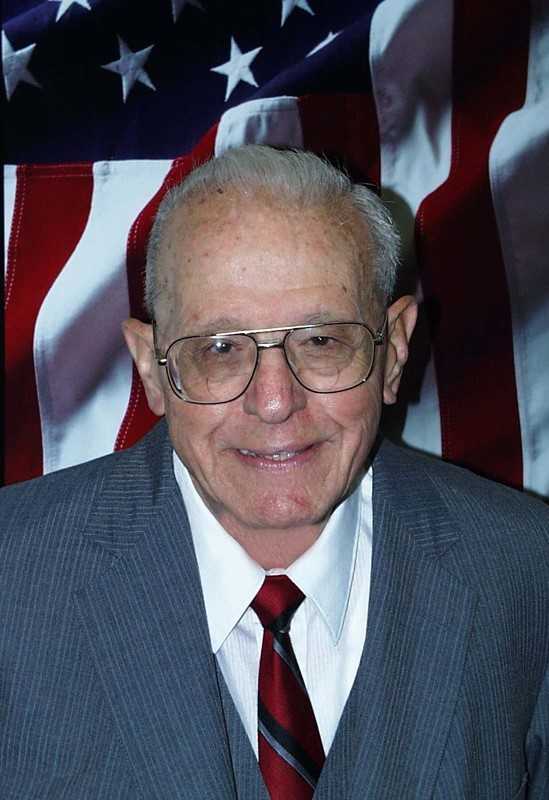
Described by former CIA Director George Tenet as “The Father of All Reports Officers,” Joe invented, authored, or pioneered many of the information management policies and procedures we still use today.
It is in this area Joe has had perhaps his greatest impact.
Joe helped put in place standards for the production and evaluation of human intelligence, core functions that touch virtually every piece of CIA.
He played a decisive part in bringing on-line the Agency’s first electronic dissemination system in the 1970s, replacing a purely manual process.
After 9/11, he employed his legal background—he earned his law degree in 1955 and was a member of the DC Bar—to shape, review, and improve directives governing the passage and use of intelligence by law enforcement and homeland security officials.
Never shying away from a challenge, Joe was often seen as a leader among his colleagues.
He had a saying, “Leadership is action—not just a position.” It was a standard he tried to live up to every day in his own life, and a value he passed on to new generations of officers who regularly sought his counsel.
Because of his dedication and exceptional service, on February 26, 2003, Joe was awarded the Director’s Medal for “Extraordinary Fidelity and Essential Service.” Joe had previously been awarded the Intelligence Medal of Merit and the Distinguished Intelligence Medal, among others.
“Ask Joe”
No summary of his career or list of his honors and decorations can capture the full extent of Joe’s contributions to CIA and the Intelligence Community.
As a serviceman, intelligence officer, and consultant, Joe defined the way American intelligence works around the globe.
His own assessment was characteristically modest: “I reminisce more than ever about the early years to positively affect the future. I am honored to have been a part of every facet of this organization and only hope that younger generations of CIA officers understand their remarkable roles, and how what they do today affects the Agency’s future.”
At the Agency, it used to be said that no matter the problem or question, the answer could always be found in the words on a poster above Joe’s desk: “Ask Joe.” Sadly, we can no longer do so.
But Joe left us with a legacy unlike any other. His story is built into the very foundations of the Agency, and future generations will look to him for answers just as he sought advice from those who came before him.
When all else fails, those future officers will ask: “What would Joe say?”
